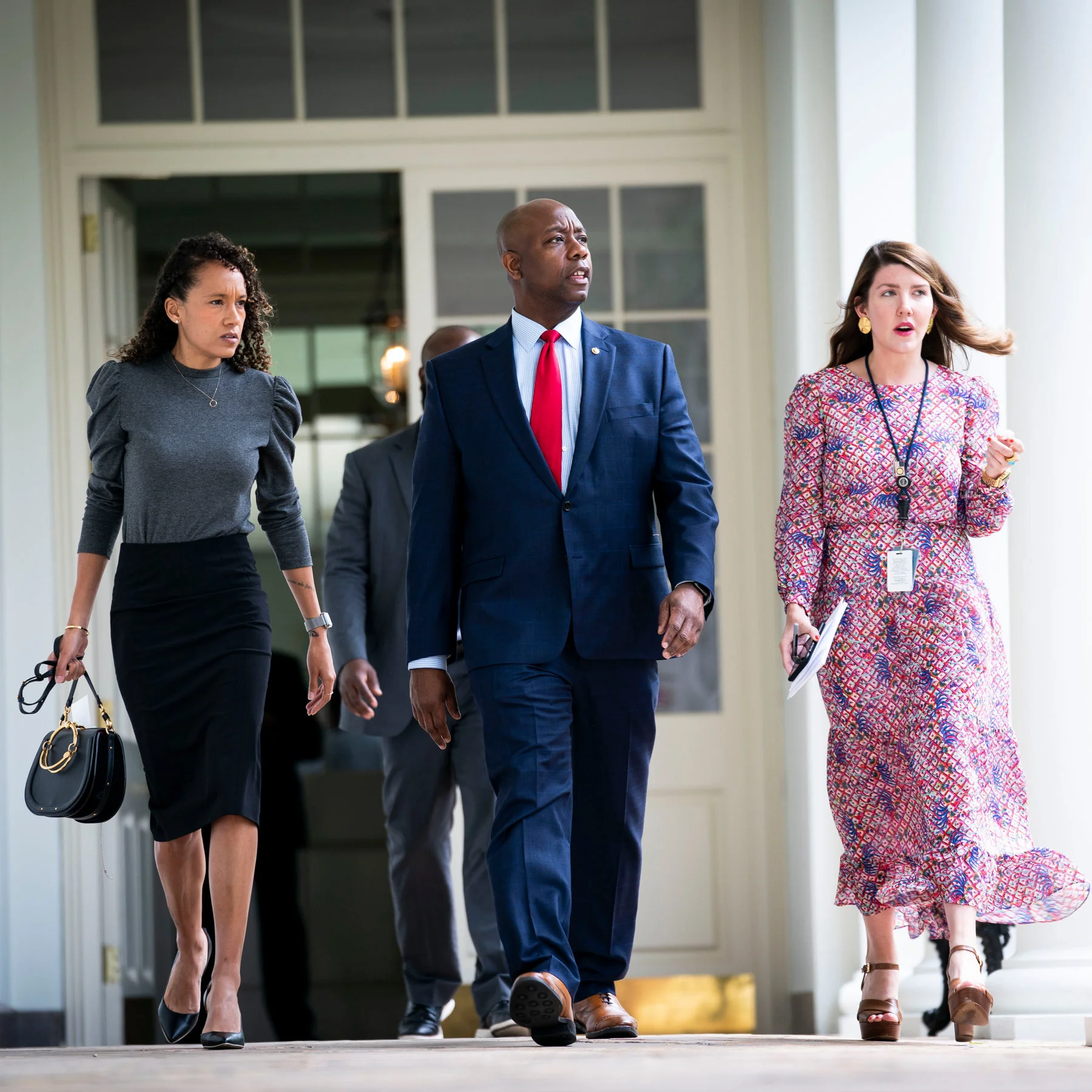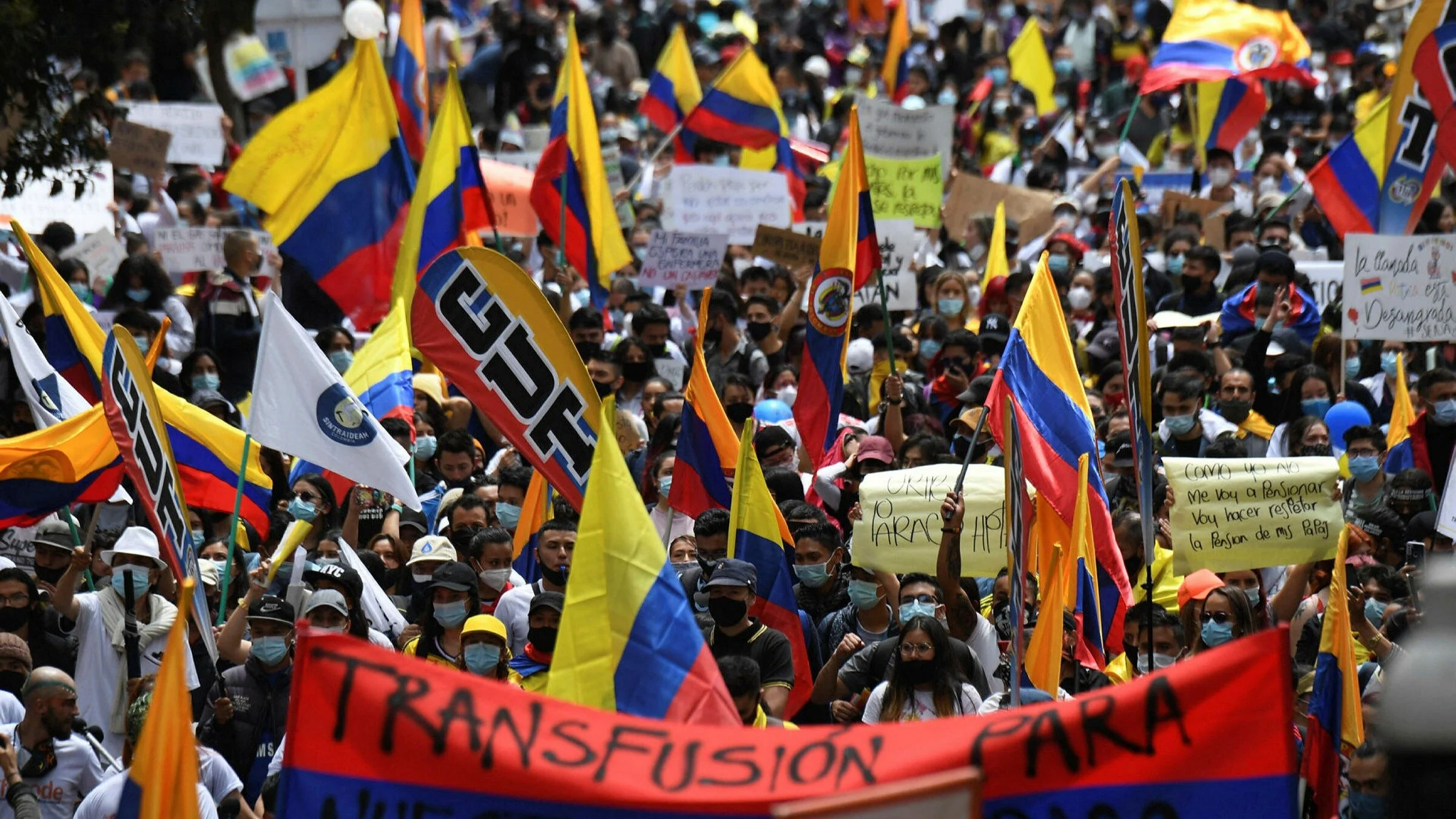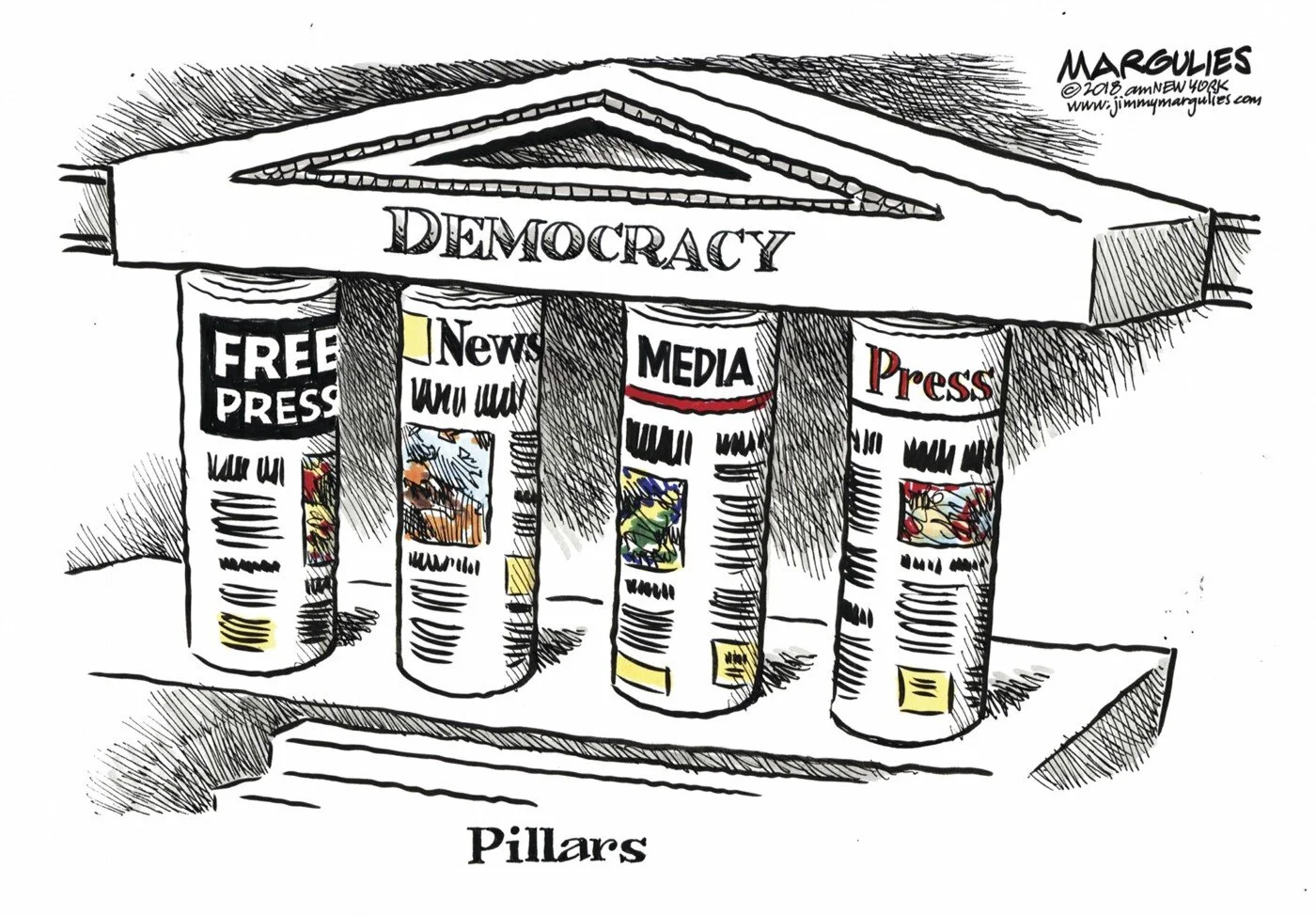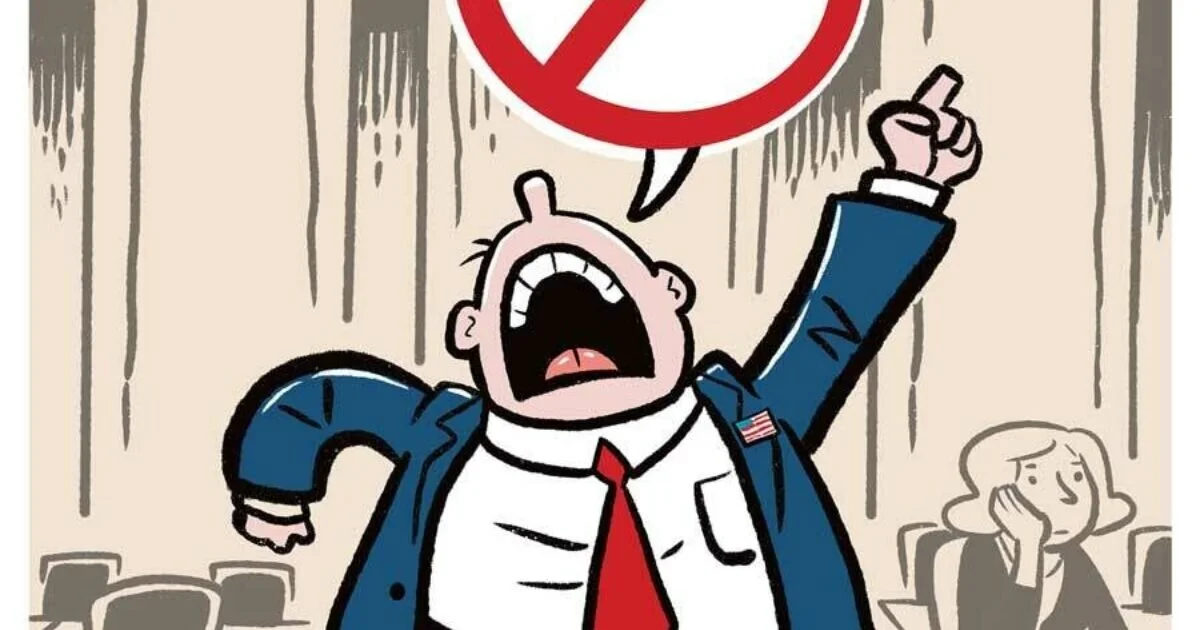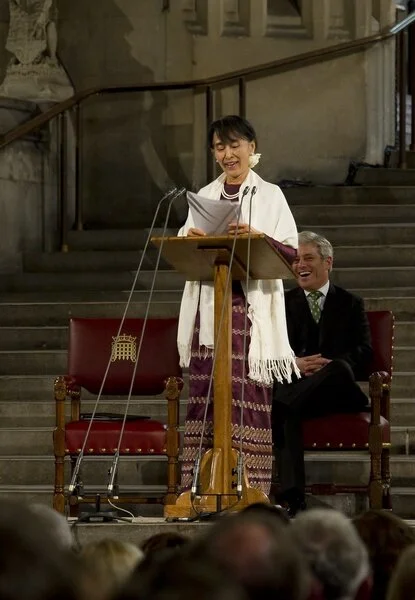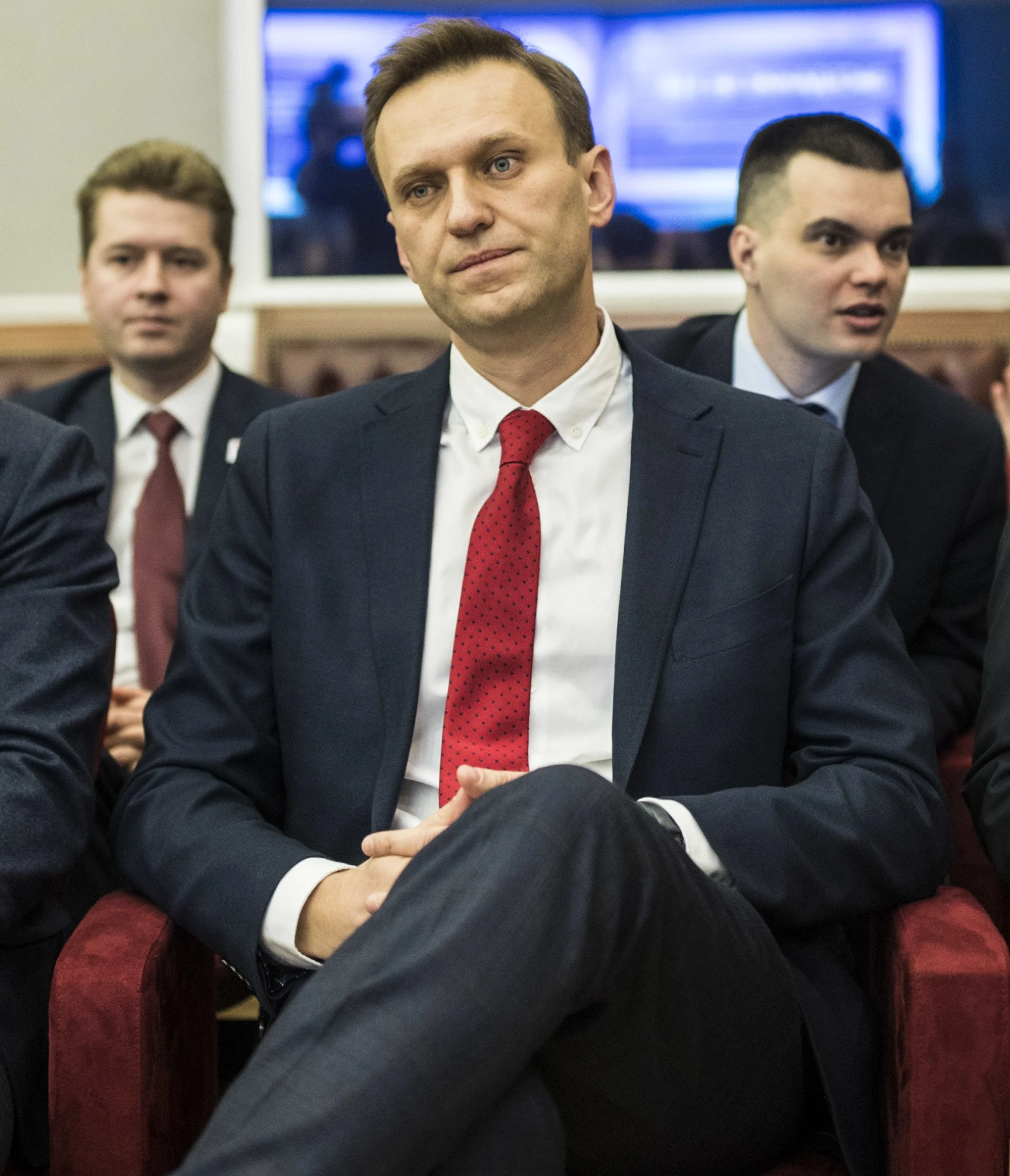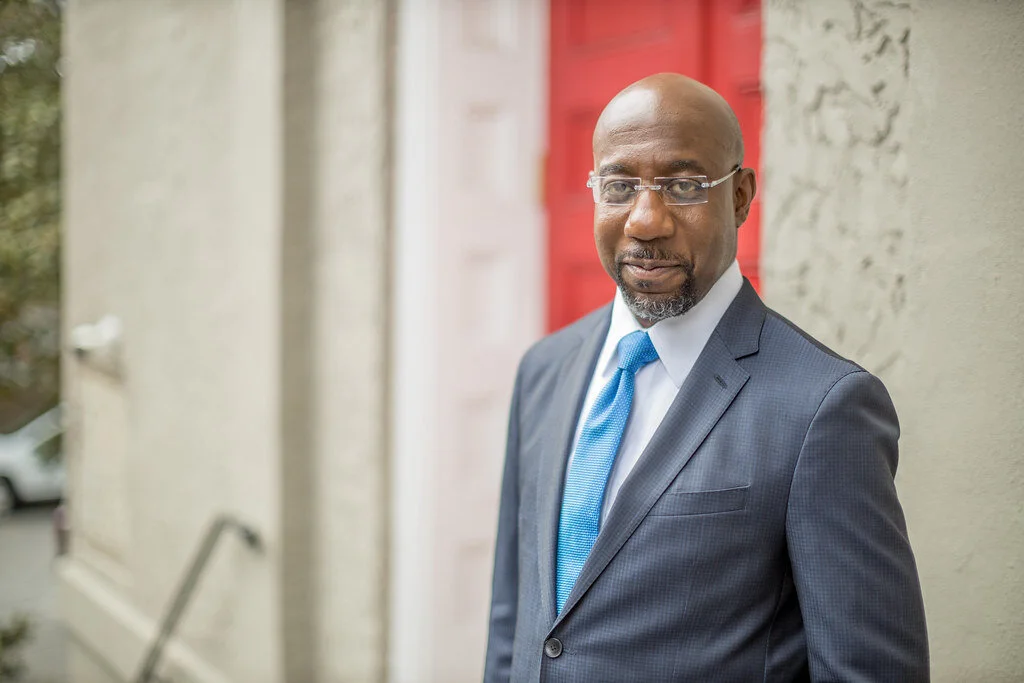State of the Union
Surveillance Is Security? Think Again
Over the past few decades technology has advanced at an astonishing rate; from floppy disks to early progress in artificial intelligence, things have changed the world around us. Many have seen this advance in technology as a good opportunity to address a problem that has stuck with us since the beginning of time: crime.
A Recent History of Money in Politics
Over the last decade, voters have voiced concerns on the increasing role of money in politics. The claim of campaign finance disparities and their potential to subvert our democracy propelled the issue to the forefront political discourse. Leading politicians such as Bernie Sanders to speak out against the issue, warning that “wealthy contributors can literally buy politicians and elections by spending hundreds of millions of dollars in support of the candidates of their choice.” The U.S. has regulations governing campaign finance and the stringency of these rules vary widely over the years. What has contributed to the growing importance and attention dedicated to campaign finance law?
The 51st State?
The Washington, D.C. statehood movement is gaining momentum. On Thursday April 22, the House of Representatives passed H.R. 51, the Washington, D.C. Admission Act, by a vote of 216 to 208 with all votes following party lines; the Democrats supported statehood, and Republicans opposed it. Despite the thin margin of victory, supporters of the statehood movement have good reason to be satisfied: this marks just the second time a statehood bill has been passed by the House and only the third time such a bill has reached a vote since 1990.
Debate Primer: No First Strike
This week, Political Union will be debating whether the United States should impose a No First Use policy for nuclear weapons.
Tim Scott: A Man the GOP Should Get Behind
On Wednesday, April 28th, President Biden gave his first speech to a joint session of Congress. Immediately following the President’s address, U.S. Senator Tim Scott (R-S.C.) gave the official Republican response to the speech. Scott’s speech could be described as predictable, basic, or bland; he hit mainstream GOP talking points on school reopenings, immigration, and President Biden’s $2 trillion infrastructure bill.
How Colombia’s Recent Protests Are Testing the Country’s Fragile Peace
Starting in late April, Colombians took to the streets to protest tax and health-care policies of President Iván Duque Márquez. The violent protests have seen at least 25 people killed and hundreds more injured, with police brutality fueling anti-government dissent across the country. The startling increase of intensity in the protests point to something larger underlying Colombia’s internal dissent: the unresolved 56-year civil war between guerilla groups and the government plays a major role in the current tensions that exist within the country.
If you are afraid of Trump, care about Section 230
Section 230 of the Communications Decency Act was drafted in 1996, and has shaped the foreground of user-generated content on the internet---relevant to everything from tweets to sex-trafficking to Airbnb; Section 230 is the single most influential piece of legislation impacting Silicon Valley giants to date.
Debate Primer: Standardized Testing
This week, Political Union will be debating whether Universities should not consider standardized test scores in their undergraduate admissions processes.
Debate Primer: Boycotting the Olympics
This week, Political Union will be debating whether the United States should boycott the 2022 Olympics hosted in Beijing, China. Here are some resources to prepare for the debate.
Debate Primer: Should We Legalize All Drugs?
This week, Political Union will be debating whether the US should legalize all drugs.
Dilemmas at the New York Times
This week, the New York Times found itself in considerable turmoil with regard to the firing of Donald McNeil, a veteran science writer whose usage of a racial slur two years ago outraged other Times staffers. We take a look at what this shift in reporter-editor relations (sounds boring, but I promise it isn’t!) means for the greater news media ecosystem.
Democratic Backsliding in Myanmar
This week, Myanmar’s military engineered what international observers agree is a coup. We break down what that means for democracy in Myanmar, the geopolitics of the region, and where the crisis might go in the future.
Debate Primer: Sin Taxes
This week, Political Union will debate whether sin taxes make for effective and ethical government policy.
A "Kraken" of an Explainer on the Georgia Runoffs
Control of the Senate will come down to a double runoff election on January 5 in Georgia, after Jon Ossoff and Raphael Warnock both pulled their Republican rivals below the 50% threshold for victory and forced a do-over in the November general. Warnock, in his race against incumbent Kelly Loeffler, finished seven points ahead of her, albeit within a field crowded with eight candidates receiving more than 1% of the vote. Republican David Perdue finished just under two points ahead of Ossoff, and was denied outright victory by far less than the number of votes received by Libertarian Shane Hazel.
Meet our editors
Felix Beilin is a junior majoring in political science and journalism. His areas of interest include political communication and the politics of Europe.
Connor Caserio is a freshman with an undecided major. He is interested in environmental politics, international relations, and transportation and infrastructure policy, among other issues.
Parker Stava is a freshman studying biology, Science in Human Culture, and political science. He is interested in the intersection of science, religion, and politics. Additionally, his political interests include congressional and presidential politics, domestic issues, and voting patterns.






